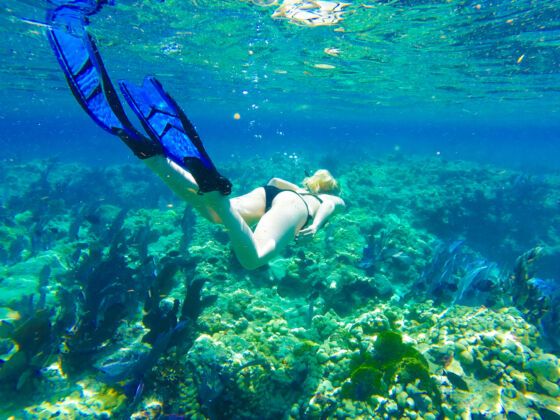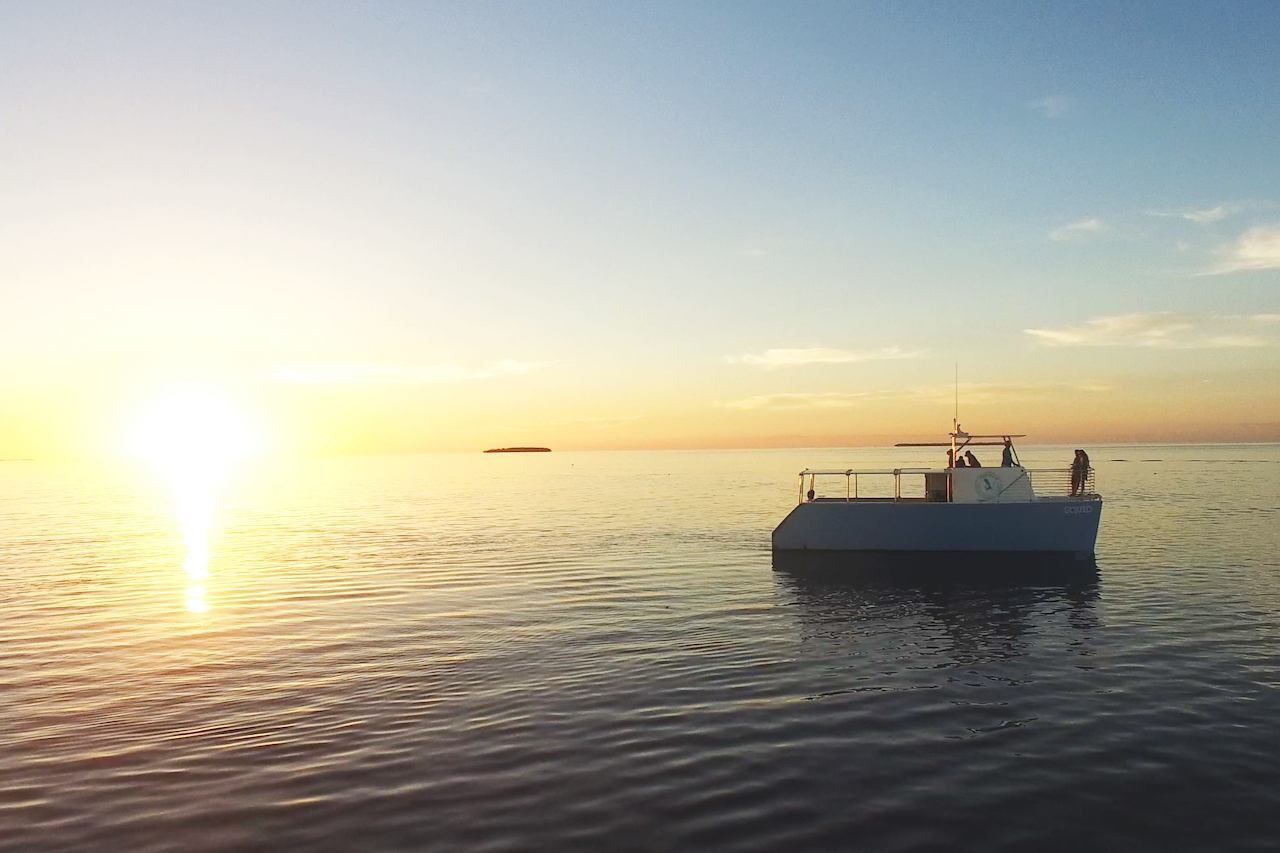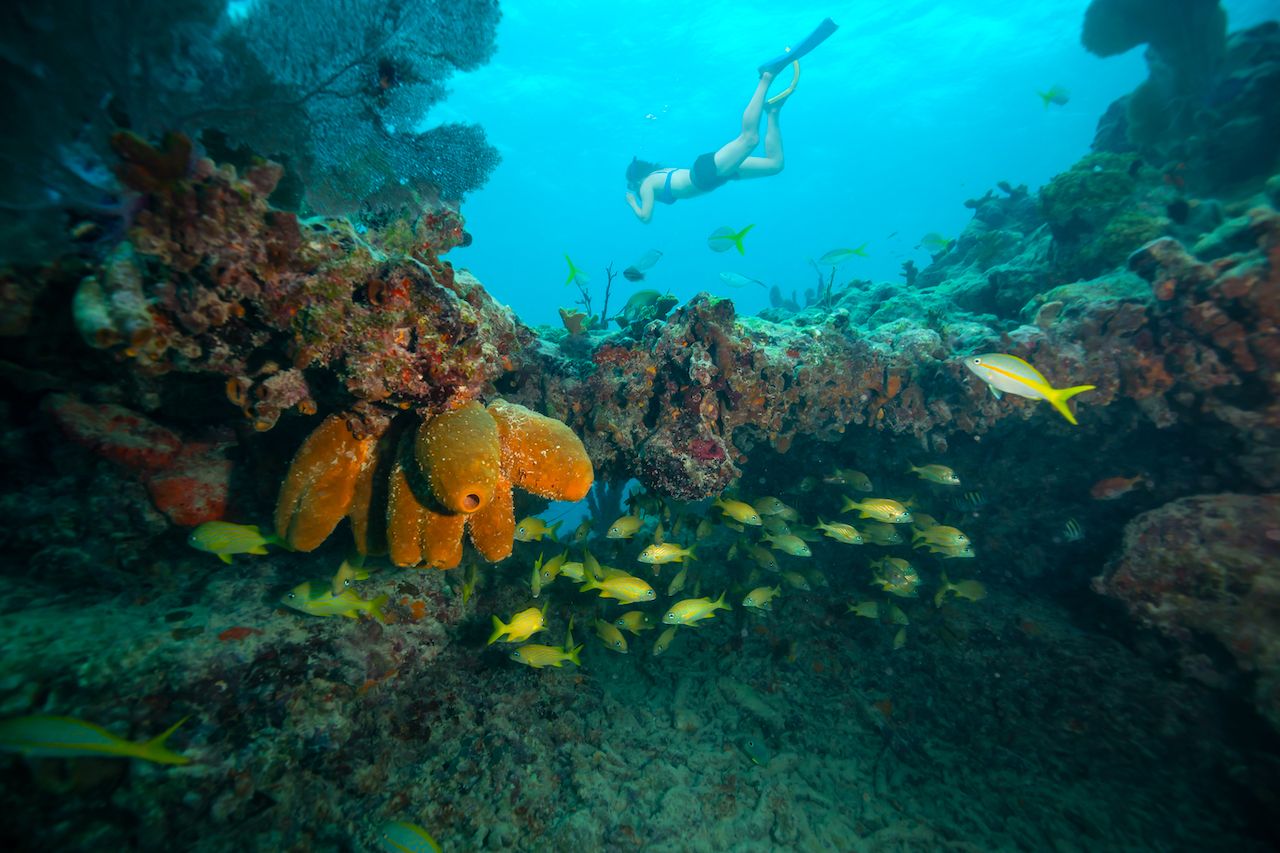On Fury’s Key West snorkel trips, the fish are generally a distant second on the list of colorful things passengers are excited about. The onboard rum punch, served with few mixers and fewer constraints, is the usual star of the show, provided once the snorkeling is over and the real fun begins.
But today’s dolphin watching debauchery is starting a little differently.



